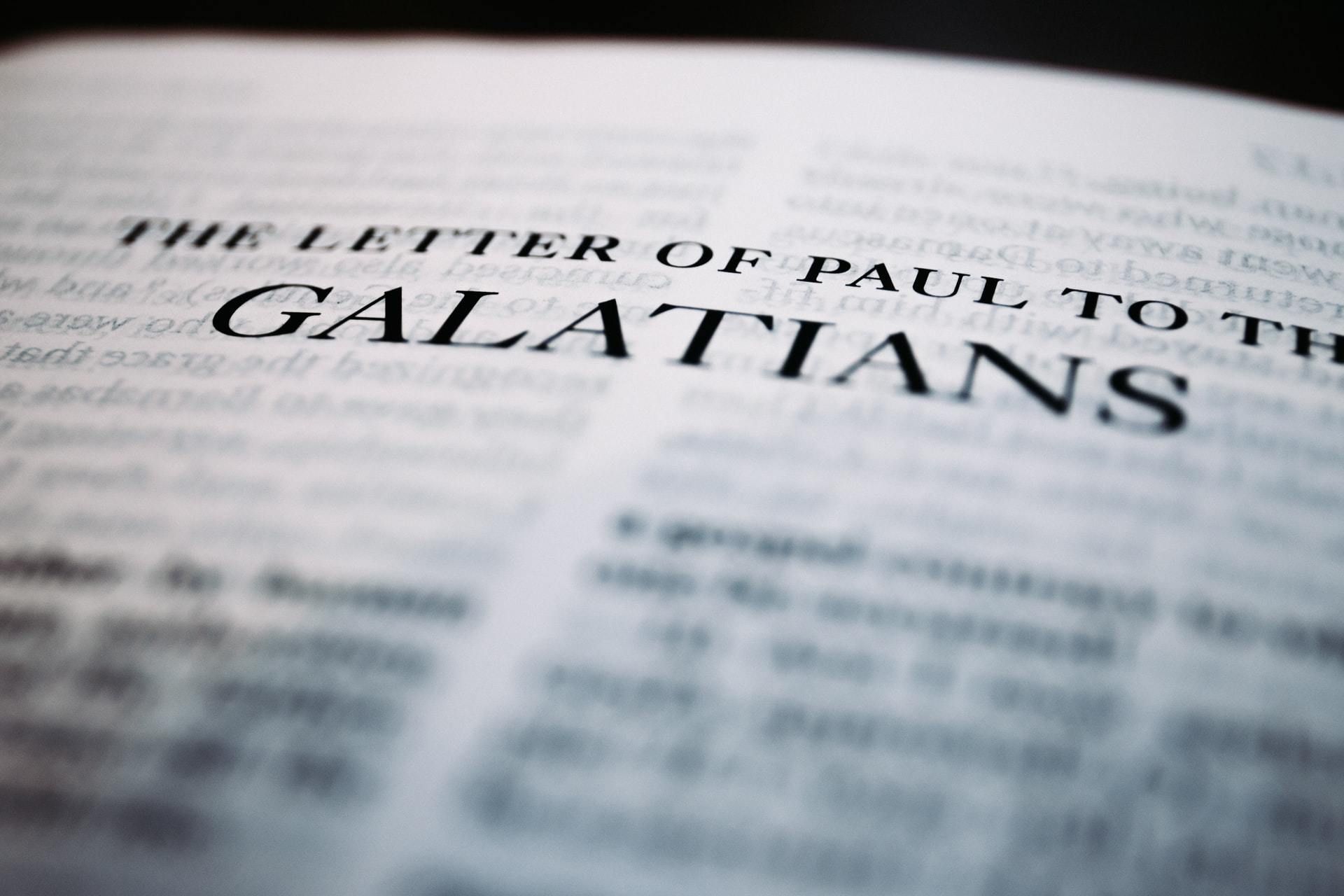By: Brian G. Chilton, Ph.D. and Curtis “The Cowboy Apologist” Evelo | January 4, 2024
Galatians Intro and Chapter One
Author: The Apostle Paul. Paul was an apostle of Christ who had previously persecuted the church. He likely converted to Christ in AD 35 after seeing the risen Jesus on the Road to Damascus while on a campaign to persecute Christians in the area. He was later imprisoned in Rome in AD 67 by Emperor Nero and was likely executed by beheading in the same year. Paul wrote more books in the New Testament than any other person. He is often called the “apostle to the Gentiles.”
Date: The date of Galatians is intricately tied to who the recipients were. Longenecker, in his commentary on Galatians, said that the date of the letter is one of the most “knotty problems in Pauline studies” (Longeneker, Galatians, lxxiii.). However, since Paul notes that the Galatians had quickly deserted the orthodox teachings of Christ in Gal. 1:16 and spoke of a bodily ailment in Gal. 4:13, then we have a good reason to hold that Galatians was written earlier rather than later. Most likely, Galatians was written from Antioch around AD 48. Timothy George suggests that the letter was written on the “eve of the Council of Jerusalem” (George, Galatians, NAC, 48).
Recipients: There are two areas that Paul could have written to—North Galatia and South Galatia. More likely than not, Paul wrote to the churches that he and Barnabas founded during their first missionary journey in South Galatia.
Background: If we accept the early dating of the book, then it is likely that Paul is writing against the Judaizers that had infiltrated the Galatian Church. One of the earliest scandals of the church was the acceptance of Gentiles into the fold without requiring them to be circumcized or take part in the Jewish rituals. Considering that the earliest Christians were Jewish and faithful to the law of God, it is of no surprise that the apostles received some pushback when they accepted Gentiles without reserve. The Judaizers called for a return to Judaism while maintaining their Christian moorings. Paul had nothing to do with that. In fact, the Jerusalem Council of AD 48 agreed with Paul in accepting Gentiles into the fold. They just asked that the new Gentiles keep themselves pure and avoid eating meat sacrificed to idols.
The Affirmations of Paul (Chapter One)
1.The Affirmation of Paul’s Greeting (1:1–5)
A. Greeted Saints in Galatia (1:2)
B. Greeted from Christ in Glory (1:3–5)
i. Christ died to save us (1:3–4a)
ii. Christ desires to sanctify us (1:4b–5)
2. The Affirmation of Paul’s Grief (1:6–10)
A. Grieves the Galatians’ Consistency (1:6–7)
B. Grieves the Apostles’ Curse (1:8–10)
3. The Affirmation of Paul’s Call (1:1, 11–24)
A. The Revelation of His Calling (1:1; 1:11–12)
i. Not of humanity’s logic (1:1, 11)
ii. Not from humanity’s lore (1:12)
B. The Previous Commitments of Paul (1:13–14)
i. Fueled by cruelty toward Christians (1:13)
ii. Empowered by commitment to Jewish Customs (1:14)
C. The Present Commission of Paul (1:15–24)
i. Commissioned as God chose him from the foundation of the world (1:15–16)
ii. Commissioned to travel from Arabia to Damascus (1:17)
iii. Commissioned from Damascus to Jerusalem (1:18–20)—met with Peter and James for at least 15 days. It was here that Paul acquired the early creeds, hymns, and confessions that he publishes in his writings.
iv. Commissioned to travel from Jerusalem to Syria and Cilicia (1:21–24)
(c) 2024. Bellator Christi.





